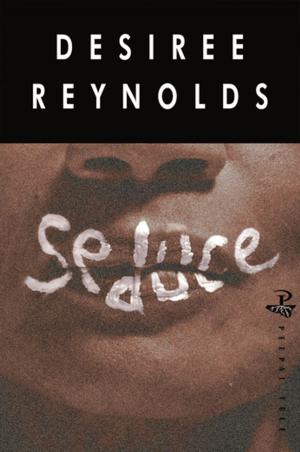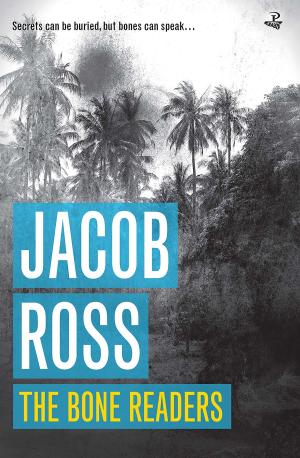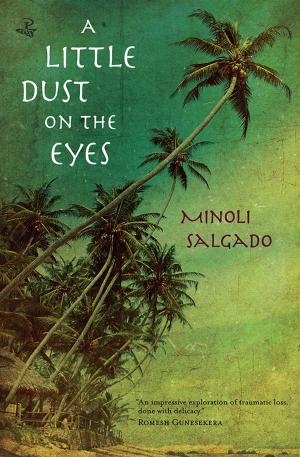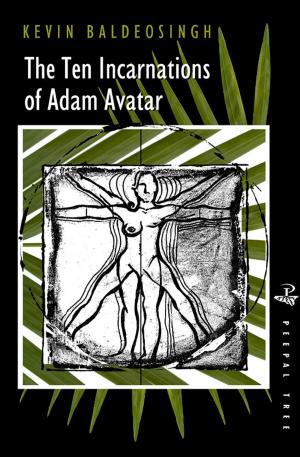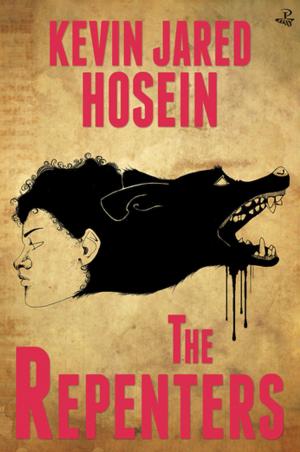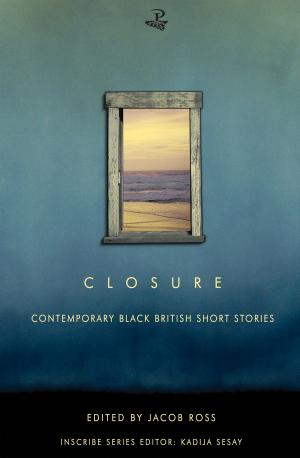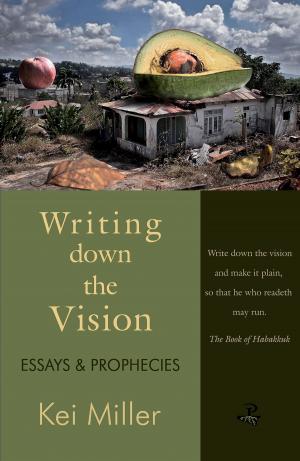| Author: | Elizabeth Walcott-Hackshaw | ISBN: | 9781845232894 |
| Publisher: | Peepal Tree Press | Publication: | December 15, 2014 |
| Imprint: | Peepal Tree Press | Language: | English |
| Author: | Elizabeth Walcott-Hackshaw |
| ISBN: | 9781845232894 |
| Publisher: | Peepal Tree Press |
| Publication: | December 15, 2014 |
| Imprint: | Peepal Tree Press |
| Language: | English |
Her daughter Ruthie's easy ascent through school and university has been Mrs. B's pride and joy for some time. But as the novel begins, she and her husband Charles are on their way to the airport to collect Ruthie, who has disgraced herself with a married man and a suicide attempt, and is, as they will soon discover, pregnant. Loosely inspired by Flaubert's Madame Bovary, the novel focuses on the life of an upper-middle-class family in a contemporary Trinidad that is turbulent with violence and popular dissatisfactions, in response to which the family have retreated to a gated community. Mrs. B (she hates the name of Butcher) is fast approaching 50, and Ruthie's return and the state of her marriage provoke her to some unaccustomed self-reflection. Much like Flaubert's heroine, Mrs. B's longings are diffuse but bounded by the assumptions of her social circle. And without ever losing sympathy for Mrs. B and her family, the novel asks some tough questions about what resources Mrs. B. can bring to her "issues" and how she can find meaning in her life. And what of Ruthie? Can her greater openness to the island challenge her easy acceptance of privilege? Behind both women is the complex and fascinating figure of Aunt Claire, the family's reader, who has provided the only real nurture in Mrs. B's life. Can she do the same for Ruthie? But, then, how far does her deep immersion in books really equip her for 21st-century Trinidadian life?
Her daughter Ruthie's easy ascent through school and university has been Mrs. B's pride and joy for some time. But as the novel begins, she and her husband Charles are on their way to the airport to collect Ruthie, who has disgraced herself with a married man and a suicide attempt, and is, as they will soon discover, pregnant. Loosely inspired by Flaubert's Madame Bovary, the novel focuses on the life of an upper-middle-class family in a contemporary Trinidad that is turbulent with violence and popular dissatisfactions, in response to which the family have retreated to a gated community. Mrs. B (she hates the name of Butcher) is fast approaching 50, and Ruthie's return and the state of her marriage provoke her to some unaccustomed self-reflection. Much like Flaubert's heroine, Mrs. B's longings are diffuse but bounded by the assumptions of her social circle. And without ever losing sympathy for Mrs. B and her family, the novel asks some tough questions about what resources Mrs. B. can bring to her "issues" and how she can find meaning in her life. And what of Ruthie? Can her greater openness to the island challenge her easy acceptance of privilege? Behind both women is the complex and fascinating figure of Aunt Claire, the family's reader, who has provided the only real nurture in Mrs. B's life. Can she do the same for Ruthie? But, then, how far does her deep immersion in books really equip her for 21st-century Trinidadian life?

